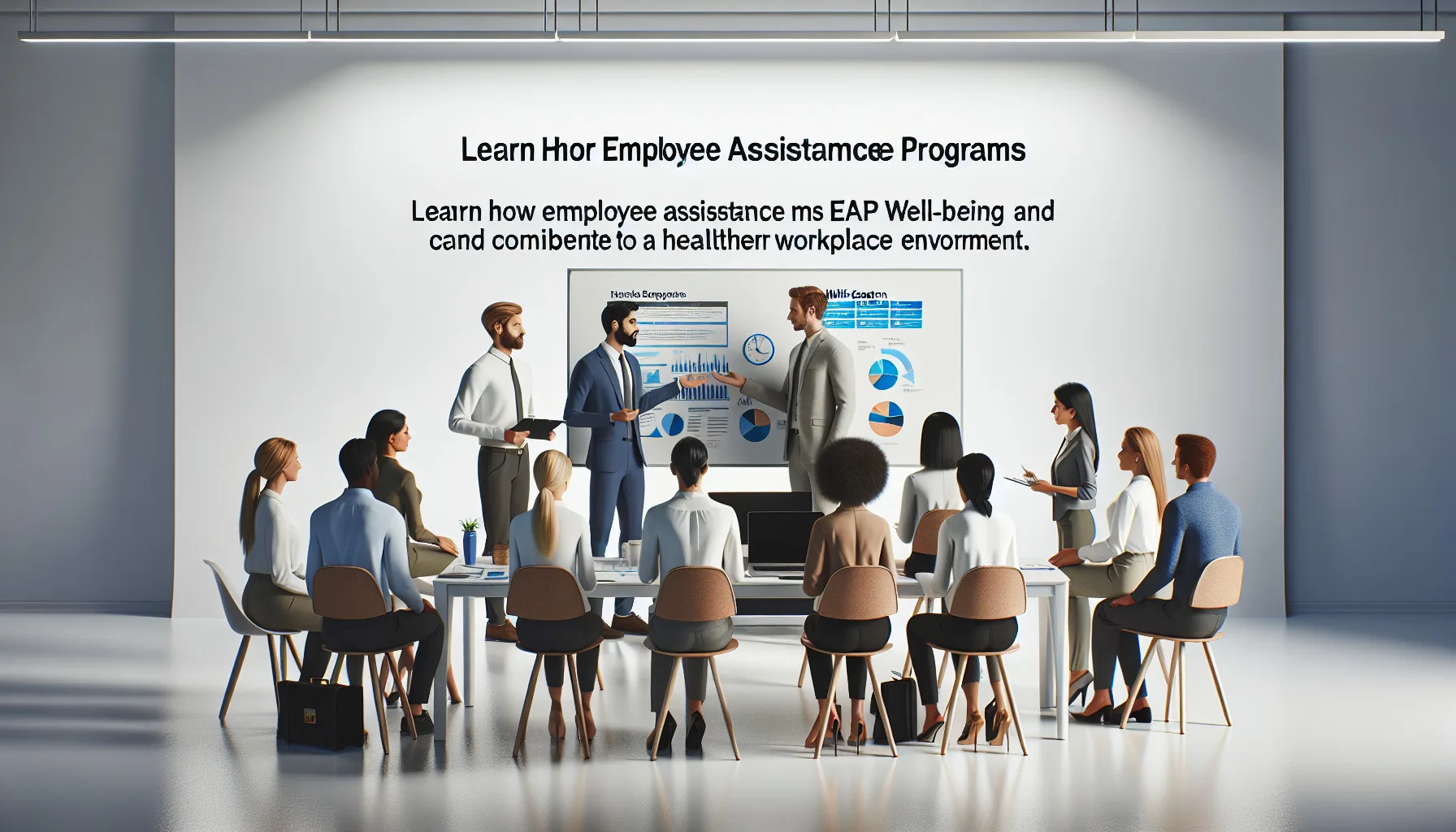Learn how EAPs can support employee well-being and contribute to a healthier workplace environment.
Employee Assistance Programs (EAPs) are becoming increasingly popular in workplaces around the world as companies recognize the importance of supporting their employees’ well-being. In today’s fast-paced and often stressful work environments, EAPs offer a range of services to help employees cope with personal and work-related challenges, ultimately contributing to a healthier and more productive workplace environment.
What are Employee Assistance Programs?
Employee Assistance Programs, also known as EAPs, are employer-sponsored services designed to support employees’ mental, emotional, and physical well-being. These programs offer confidential and voluntary support to employees who may be facing personal or work-related challenges that may impact their job performance, health, or overall well-being.
Types of Services Offered
EAPs typically offer a wide range of services, including counseling, financial and legal assistance, referral services, and wellness programs. The most common service provided by EAPs is counseling, which can be done through in-person sessions, over the phone, or via video conferencing. This allows employees to access support in a way that is most convenient for them. Financial and legal assistance can also be incredibly beneficial, providing employees with access to professionals who can help them navigate challenging financial or legal situations.
Confidentiality and Voluntary Participation
One of the most critical aspects of EAPs is confidentiality. All services provided by EAPs are entirely confidential, meaning that employees can seek support without fear of their personal information being shared with their employer. This confidentiality is crucial in encouraging employees to utilize the services and seek help when needed. EAPs are also voluntary, meaning that employees can choose whether or not they want to participate in the program. This is important as it allows individuals to maintain control over their own well-being.
The Benefits of EAPs
EAPs offer numerous benefits to both employees and employers. For employees, EAPs provide a safe and confidential space to seek support for personal or work-related challenges. This support can help individuals better manage stress, improve their mental and emotional well-being, and ultimately contribute to a healthier work-life balance. For employers, EAPs can lead to increased productivity, reduced turnover, and improved employee satisfaction. By investing in their employees’ well-being, companies can foster a positive and supportive workplace culture.
Creating a Healthier Workplace Environment
EAPs also play a crucial role in creating a healthier workplace environment. By offering resources and support to employees, EAPs can help reduce stress, improve mental health, and promote work-life balance. This, in turn, can lead to a more positive and productive workplace culture, where employees feel supported and valued.
Implementing EAPs in the Workplace
If you’re an employer looking to implement an EAP in your workplace, it’s essential to communicate the program’s benefits and encourage employees to utilize the services. This may include hosting informational sessions, providing resources, and ensuring that employees understand the confidentiality and voluntary nature of the program. By promoting EAPs, employers can help reduce the stigma surrounding mental health and encourage a more open and supportive workplace culture.
Ongoing Support and Resources
EAPs should be seen as an ongoing support system for employees. Companies can work with EAP providers to continually evaluate and improve the program to better meet employees’ needs. By regularly promoting and encouraging the use of EAPs, employers can demonstrate their commitment to their employees’ well-being and contribute to a healthier and more productive workplace environment.
Conclusion
Employee Assistance Programs are an invaluable resource for both employees and employers. By providing confidential and voluntary support, EAPs can help employees cope with personal and work-related challenges, leading to improved well-being and a more positive workplace culture. As companies continue to prioritize employee well-being, EAPs are becoming an essential tool in creating healthier and more productive workplaces.
FAQs
What does an EAP cover?
EAPs can cover a range of services, including counseling, financial and legal assistance, referral services, and wellness programs.
How can I access my company’s EAP?
Most companies will provide information on how to access their EAP, which may include a phone number or website. You can also speak to your HR representative for more information.
Is there a cost to use an EAP?
EAPs are typically offered at no cost to employees, as they are sponsored by the employer. However, some services, such as counseling, may have a limited number of sessions before additional fees apply.
Are EAPs confidential?
Yes, all services provided by EAPs are entirely confidential, meaning that your personal information will not be shared with your employer without your consent.



